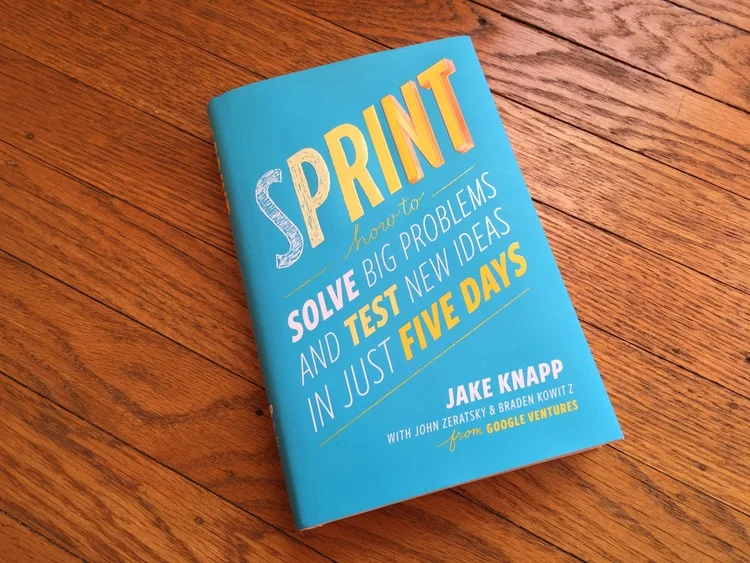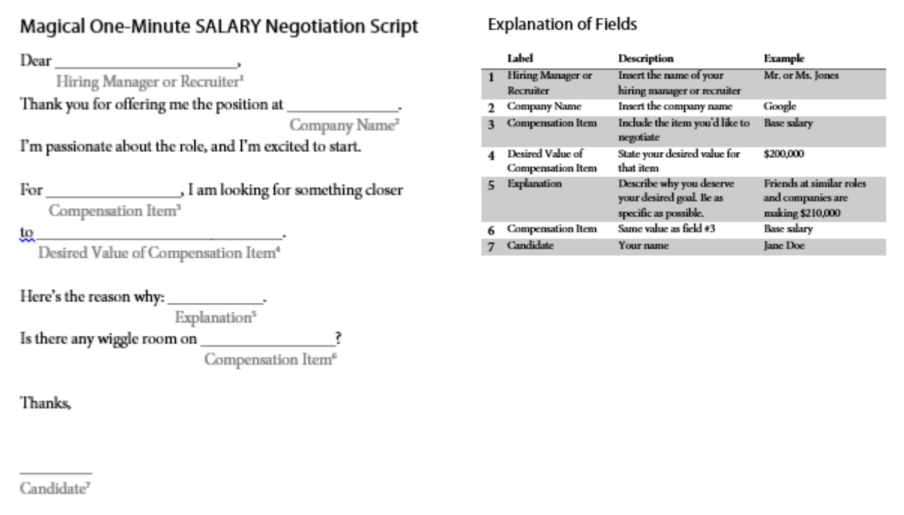Top-tier consulting firms (MBB) want consultants who are comfortable with numbers. That means you'll likely get a case interview where you'll have to do some breakeven analysis or market sizing estimations. Over on the Amazon.com forums, an Amazon customer makes some great recommendations on how to prepare for case interviews, including a shout-out for my book, Interview Math: Over 50 Problems and Solutions for Quant Case Interview Questions.
To save you time, I've excerpted A's must-read pointers below.
--
1. Victor Cheng's frameworks - work with these for a while & edit to fit your needs (https://www.caseinterview.com/case_interview_frameworks.pdf)
2. May be worth investing in $300 for Cheng's recordings (called "look over my shoulders") to hear him go through 5 cases with 1-3 people each (good, bad, and middle ground performers - and he makes verbal notes through out). If you like his structure, you will like his recordings. If not, then don't waste the money.
3. Go on this website to find a partner to practice with (though some are awful...and you only get 2 free): https://www.preplounge.com/
4. Check out Cosentino's book just so you get a little more specificity than Cheng gives, but don't really rely on those.
5. if you need math help, Lin's book on "Interview Math" is a useful drill on things like break even and market sizing. It's just like 10x Break even and another 10x market sizing...to get you ready for it, if it happens.
6. The tried and true MBB websites still give good cases without errors (which is hard to find). Deloitte's Human Capital case made me laugh out loud with the awful jargon and senseless conclusions (I just did it out of curiosity). I didn't look at their strategy cases.
7. http://masterthecase.com/case-interview-casebooks/ - case books from MBA programs. They have many errors that can be VERY frustrating, though. The LBS books do not have errors (the cases are donated, not from MBAs' memories), but they are very long and complicated. MasterTheCase locks them so you can't print them, which is annoying. But, some are pretty good. Ask around for MBAs that you know and case books they might have. Recent is better.
8. Hire a tutor - but at the same time, be careful of hiring tutors. Consultants have an over-inflated view of their self-worth and value. They literally think they can bill $200 an hour to do a case with you (and I made the mistake of falling for one of their sales pitches). Never pay more than 60/hr for tutoring, and try to get it for free if you can. You can find them on "spare hire" or Craigslist if you search for "mckinsey" but that person wanted $120 for one case (crazy). The guys who run http://consultingconfidant.com/ are really nice, and I think it's about $75 a case. They gave me a "volume discount" because I kept going back to them. They're pretty new.




























